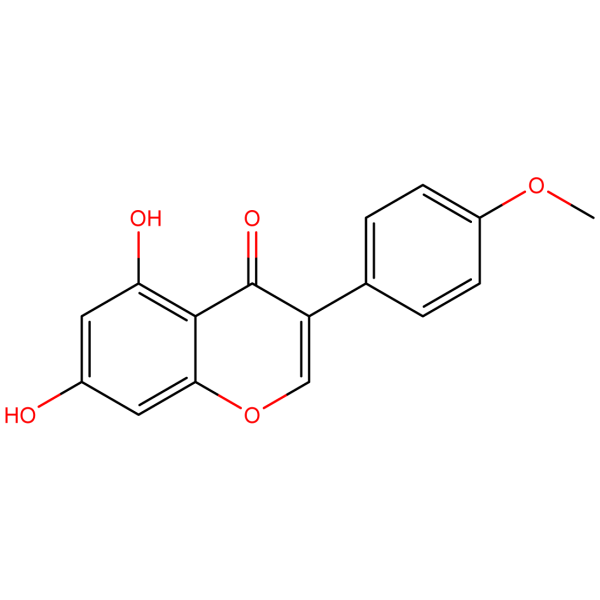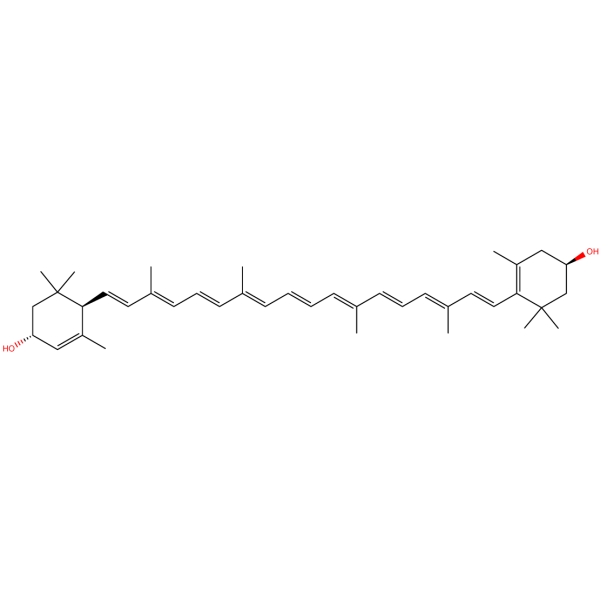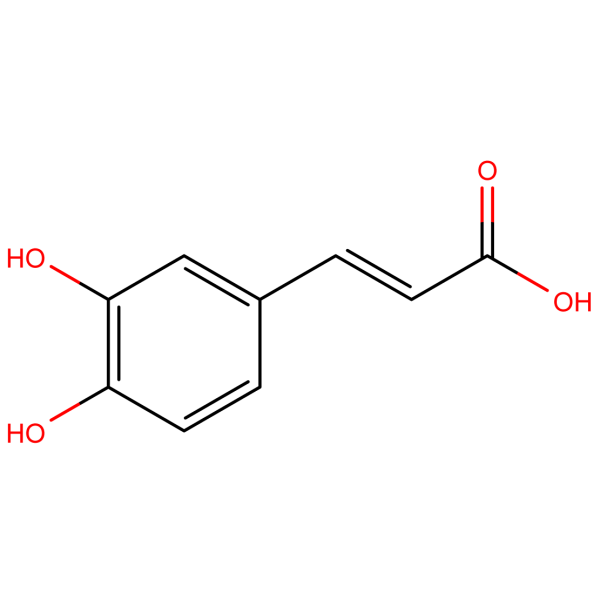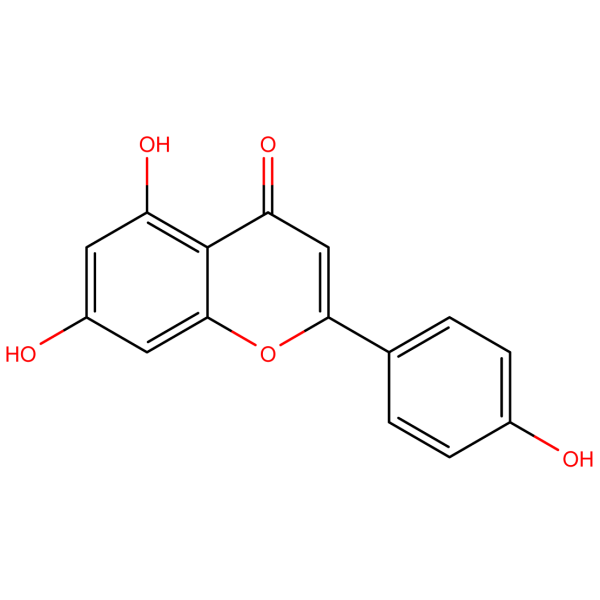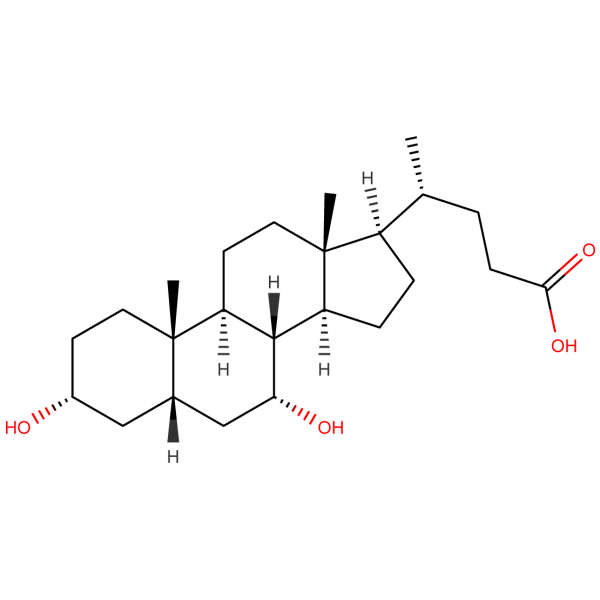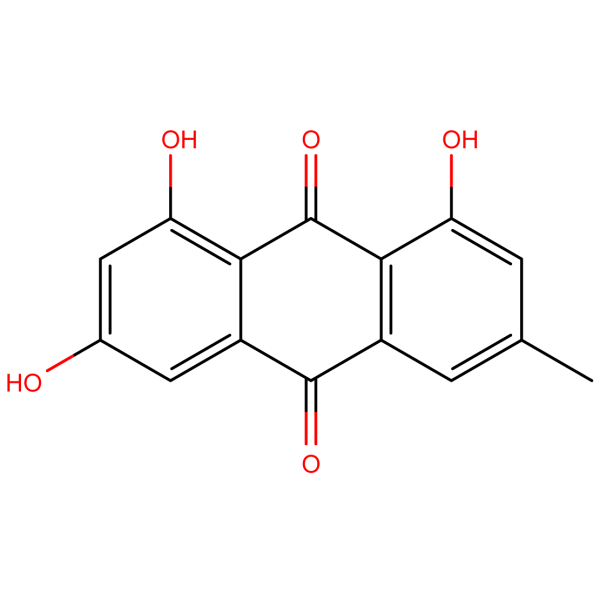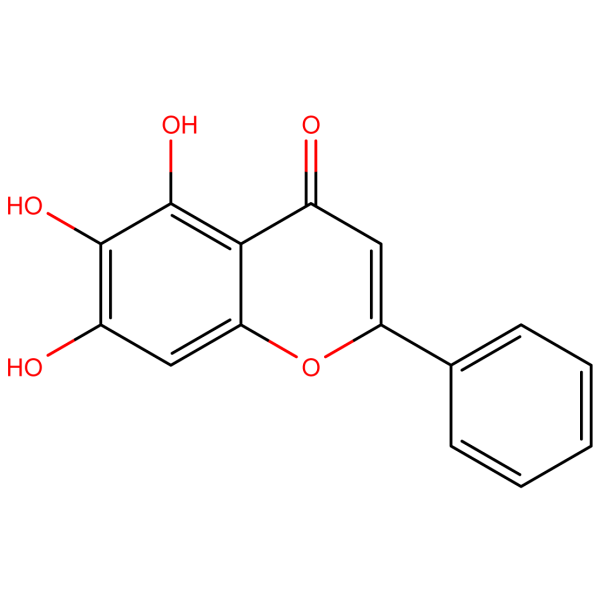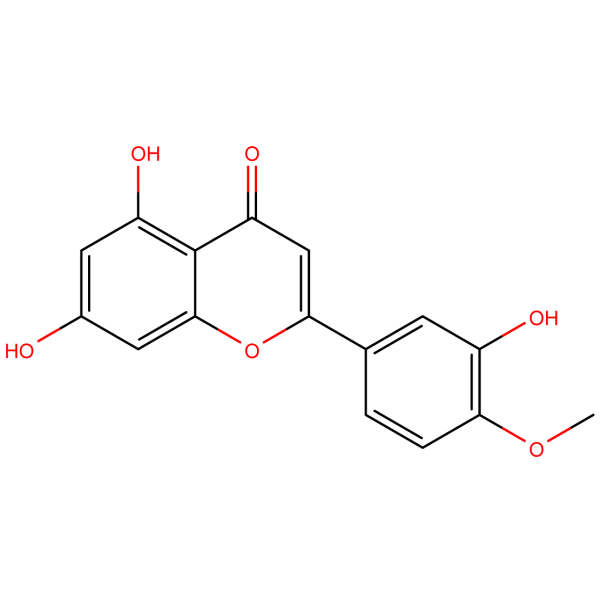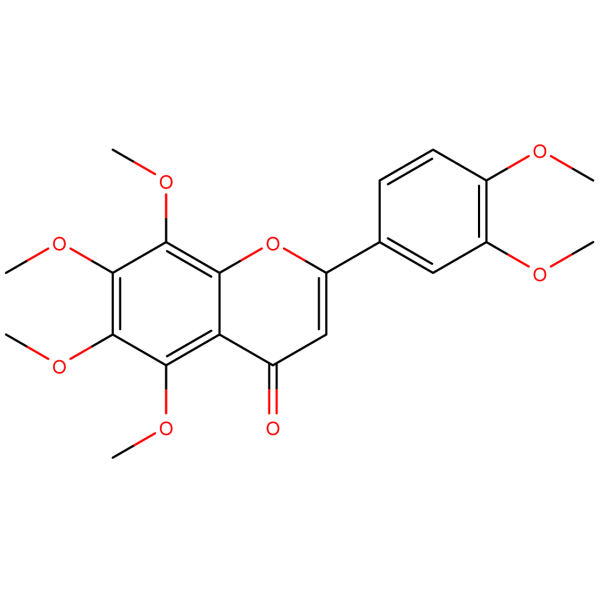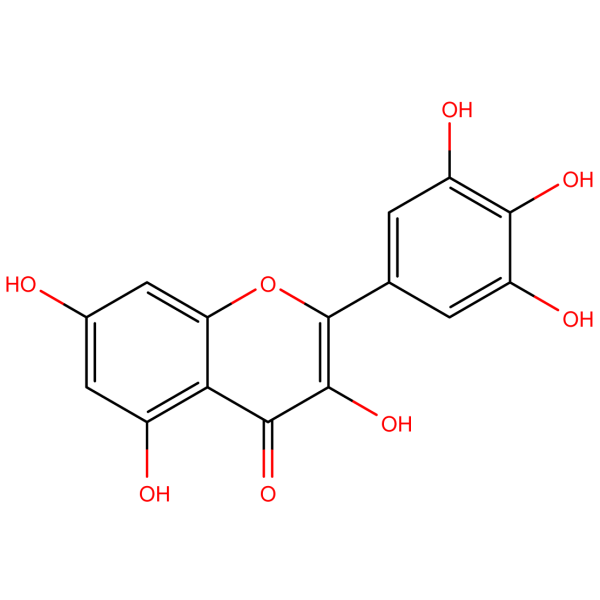Lycopene: Potent Carotenoid for Advanced Biomedical Research
1. Molecular Identity
- Chemical Name: ψ,ψ-Carotene
- CAS Number: 502-65-8
- Source: Naturally occurring in red fruits and vegetables, particularly tomatoes
2. Biochemical Significance
Lycopene is a powerful carotenoid with unique antioxidant properties. Its distinctive molecular structure, featuring an extended system of conjugated double bonds, contributes to its potent free radical scavenging ability, making it a compound of significant interest in nutritional and pharmaceutical research.
3. Key Properties of Lycopene
- Antioxidant: Exhibits exceptional free radical quenching capacity
- Anti-inflammatory: Demonstrates ability to modulate inflammatory responses
- Cardiovascular Protection: Shows potential in supporting heart health
- Anticancer Potential: Indicates promise in various cancer models
4. Potential Research Applications
- Cardiovascular disease studies
- Cancer research and chemoprevention
- Skin health and photoprotection investigations
- Male fertility and prostate health studies
5. Current Research Focus
Ongoing studies are investigating lycopene’s effects on:
- Oxidative stress-related disorders
- Prostate cancer prevention and treatment
- Atherosclerosis and lipid metabolism
- UV-induced skin damage
6. Formulation Challenges and Innovations
Researchers are actively working on:
- Enhancing bioavailability and stability
- Developing novel delivery systems for improved absorption
- Creating synergistic antioxidant formulations
7. Regulatory Considerations
Lycopene (CAS 502-65-8) is Generally Recognized as Safe (GRAS) by the FDA for use as a food colorant. Its use in specific therapeutic applications would require comprehensive safety and efficacy evaluations to meet regulatory standards.
8. Future Research Directions
The scientific community anticipates:
- Advanced clinical trials for cardiovascular and cancer prevention
- Exploration of lycopene’s potential in combination with other phytonutrients
- Investigation of its role in age-related macular degeneration
9. Collaborative Opportunities
We invite nutritionists, oncologists, dermatologists, and academic institutions to explore the research potential of lycopene. For inquiries, collaborations, or to discuss how this compound can benefit your research projects, please contact us at sales@nstchemicals.com.
Join us in advancing biomedical research with lycopene – a powerful carotenoid at the forefront of antioxidant and cancer prevention studies.


